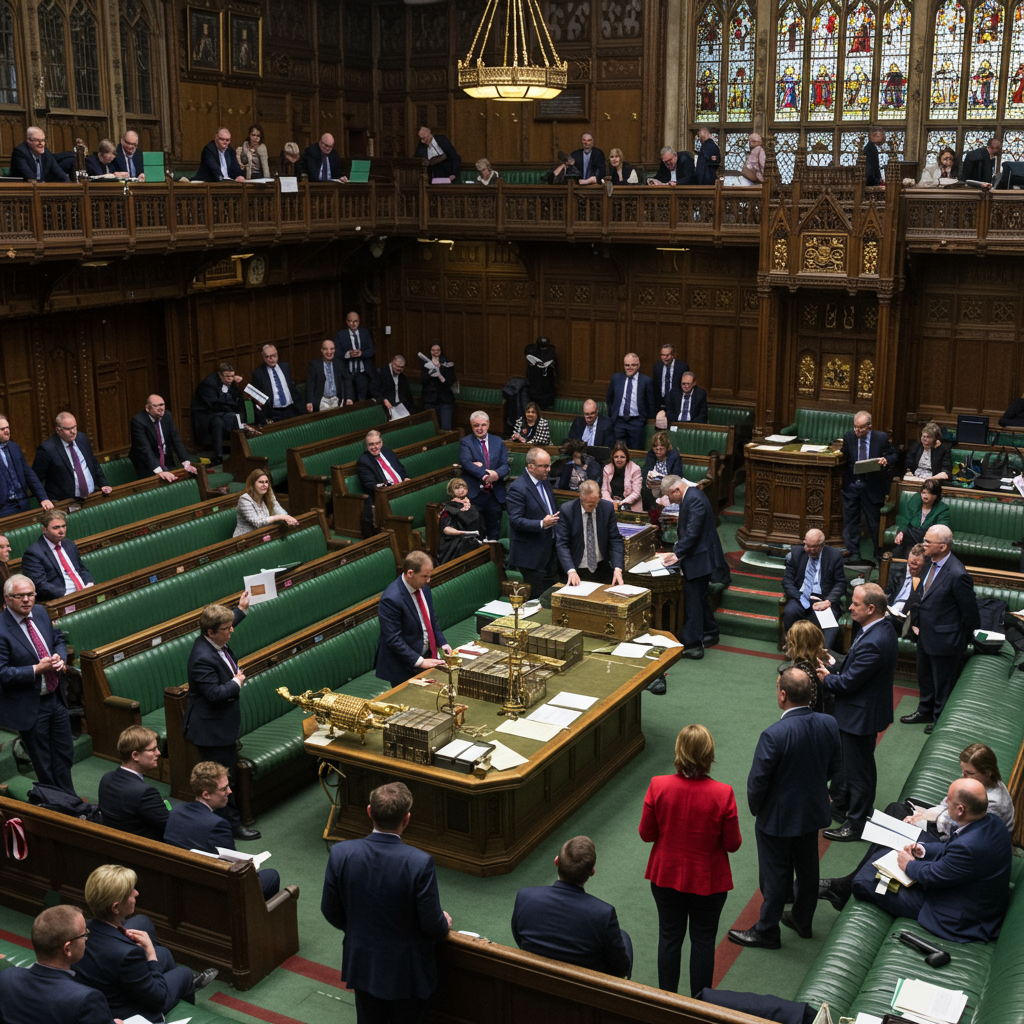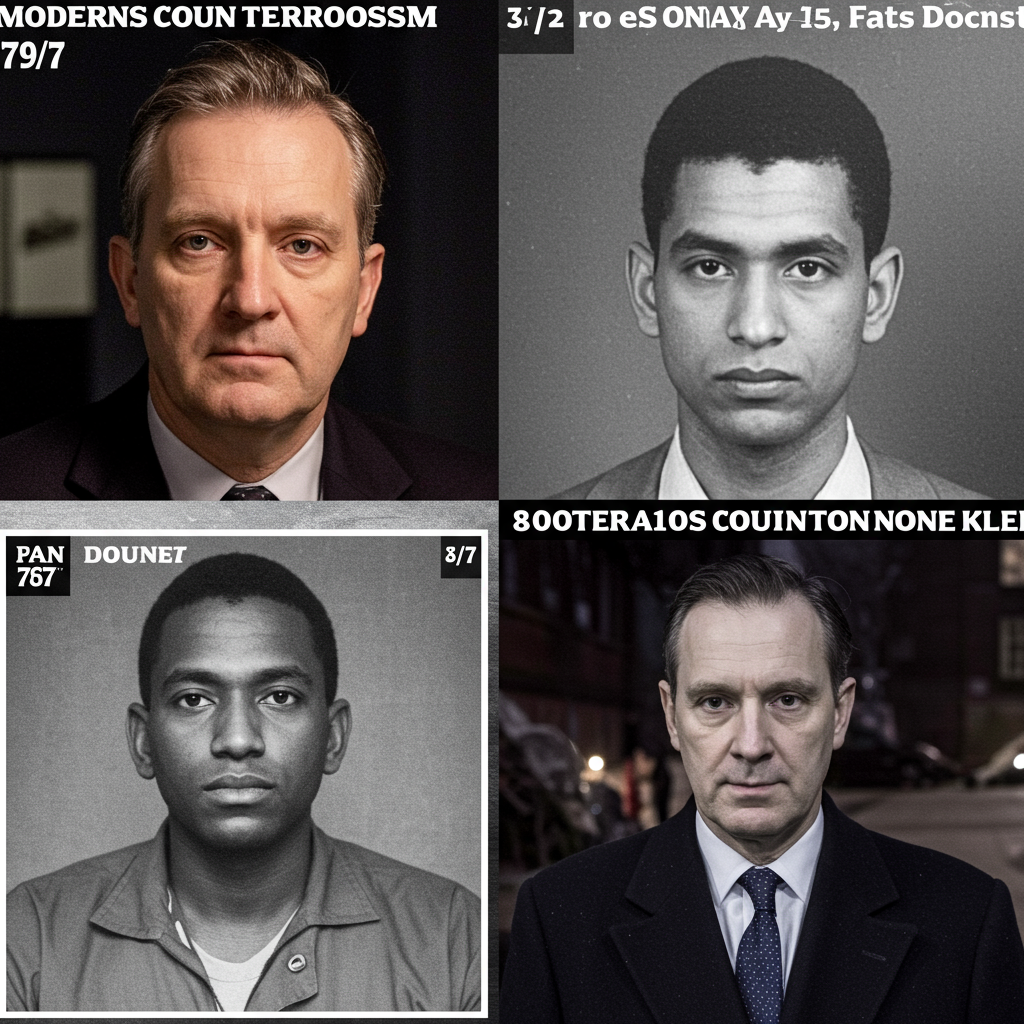Britain is one step closer to offering terminally ill adults a compassionate choice at the end of life, following a landmark vote in the House of Commons. On Friday, 20 June 2025, MPs delivered a historic majority in favour of the Terminally Ill Adults (End of Life) Bill, moving it forward for consideration in the House of Lords.
The vote, which saw 314 MPs support the bill against 291 opposed (a majority of 23), was met with palpable emotion. Kim Leadbeater, Labour MP for Spen Valley and the bill’s sponsor, expressed immense relief and joy, describing the day as historic. For Leadbeater, the vote carried particular personal weight, occurring near the anniversary of her sister, Jo Cox’s, murder.
A Decades-Long Campaign Reaches a Milestone
The question of providing choice at the end of life is not new to Parliament, having first been raised nearly a century ago in 1936. Over the decades, terminally ill individuals have repeatedly pleaded with MPs for greater control over their final days. Some have even pursued their cases through the courts, only to be told that the decision rested with Parliament.
This latest vote represents a decisive response to those persistent calls for change and the perceived “profound injustices of the status quo.” Supporters argue the current law, which criminalises assisting a suicide with a maximum penalty of 14 years, is “not fit for purpose” and forces desperate individuals to end their lives in secret or travel abroad, often with loved ones risking prosecution.
Understanding the Proposed Bill’s Framework
Kim Leadbeater’s private member’s bill sets out specific criteria and a process for adults in England and Wales seeking an assisted death:
Eligibility: The individual must be aged over 18, diagnosed with an untreatable, inevitably progressive illness or disease, and have a prognosis of less than six months to live.
Capacity & Consent: They must possess the mental capacity to make the decision and have a clear, settled, and informed wish to end their life, free from coercion or pressure.
- Declarations: Two separate declarations of this wish are required – one signed and one unsigned.
- www.theguardian.com
- www.theguardian.com
- uk.news.yahoo.com
- www.radionewshub.com
- metro.co.uk
The process involves multiple layers of assessment and reflection. Two independent doctors must confirm the individual meets the medical and capacity criteria. The application then goes before a multidisciplinary panel.
Navigating Safeguards and Scrutiny
Ensuring robust safeguards has been a central, and at times contentious, aspect of the bill’s journey. While Leadbeater and her colleagues invested considerable effort in crafting legislation that protects the vulnerable, the specific mechanisms have evolved. Notably, a previously proposed safeguard requiring approval by a High Court judge was removed at the request of the Ministry of Justice due to concerns about court congestion.
The updated bill substitutes the judicial review with a panel that includes a senior legal figure, a psychiatrist, and a social worker. Proponents argue this panel offers a wider range of expert knowledge, potentially strengthening the process. However, this change has also drawn criticism. The Royal College of Psychiatrists, for instance, expressed concern that clinicians could be diverted from supporting patients dealing with depression potentially influencing their end-of-life wishes.
Some MPs who previously supported the bill switched their votes to opposition during the final Commons stages, citing concerns about the sufficiency of the updated safeguards, particularly for those with complex disabilities. Despite these debates and intense lobbying from opponents, the bill secured a significant majority.
Voices on Both Sides
The debate in Parliament was deeply personal for many MPs, who shared poignant stories of loved ones’ deaths. Proponents like Kim Leadbeater spoke of meeting courageous individuals with terminal illnesses, knowing the change might come too late for them, but whose selflessness aimed to spare future generations suffering. Testimonies from campaigners, including Barry Gleeson with incurable cancer and Louise Shackleton who had to travel to Switzerland with her husband, underscored the human impact of the current law and the desire for compassionate choice. Dame Esther Rantzen, diagnosed with stage four lung cancer, also voiced support for ensuring future dying people have options.
Opponents, including Conservative former minister Sir James Cleverly (who spoke of his friend’s painful death but opposed the bill on practical grounds) and former Prime Minister Gordon Brown (who argued the focus should be on improving palliative care), raised concerns about the legislation’s safety and potential for abuse. Groups like Christian Action Research and Education (CARE) and Right To Life UK contended that legalising assisted suicide sends a harmful message about the value of lives with illness or disability and could endanger vulnerable individuals.
Political Landscape and Public Will
While the bill was introduced as a private member’s bill – a process sometimes criticised for lacking the full “heft” of government legislation – Leadbeater countered that it received the same level of civil service expertise. The debate saw cross-party support, proving collaboration is possible on complex “conscience issues,” echoing Jo Cox’s sentiment: “We have far more in common… than that which divides us.” Senior political figures like Labour leader Sir Keir Starmer maintained long-standing support, while others like Health Secretary Wes Streeting expressed opposition.
Underpinning the parliamentary debate is strong public support for changing the law. A YouGov poll conducted in February 2025 indicated that 73% of Britons supported the specific measures in the bill, with 75% supporting the principle of legalising assisted dying. Only 16% were opposed.
The Path Ahead: House of Lords and Implementation
With the House of Commons hurdle cleared, the bill now progresses to the House of Lords for further scrutiny and debate. While the Lords can propose amendments and potentially delay legislation, the substantial majority in the Commons suggests peers are unlikely to block its passage entirely. Lord Charlie Falconer, a former justice secretary, is expected to sponsor the bill in the Lords, anticipating scrutiny but not believing its passage will be prevented.
However, the journey is far from over. For the bill to become law, both Houses must agree on the final text. Even if Royal Assent is achieved later this year (hoped for by October), a projected four-year implementation period means assisted dying might not be available in England and Wales until 2029. This delay underscores the bittersweet reality that while the end is in sight, the change will come too late for many who bravely campaigned for it.
As the bill moves forward, its proponents believe it marks a proud day for Parliament and a day of hope for the future, finally heeding calls for terminally ill people to be treated with the same compassion and fairness in death as in life.




